Experts warn the U.S. is unprepared for the surge in homelessness among aging Boomers.
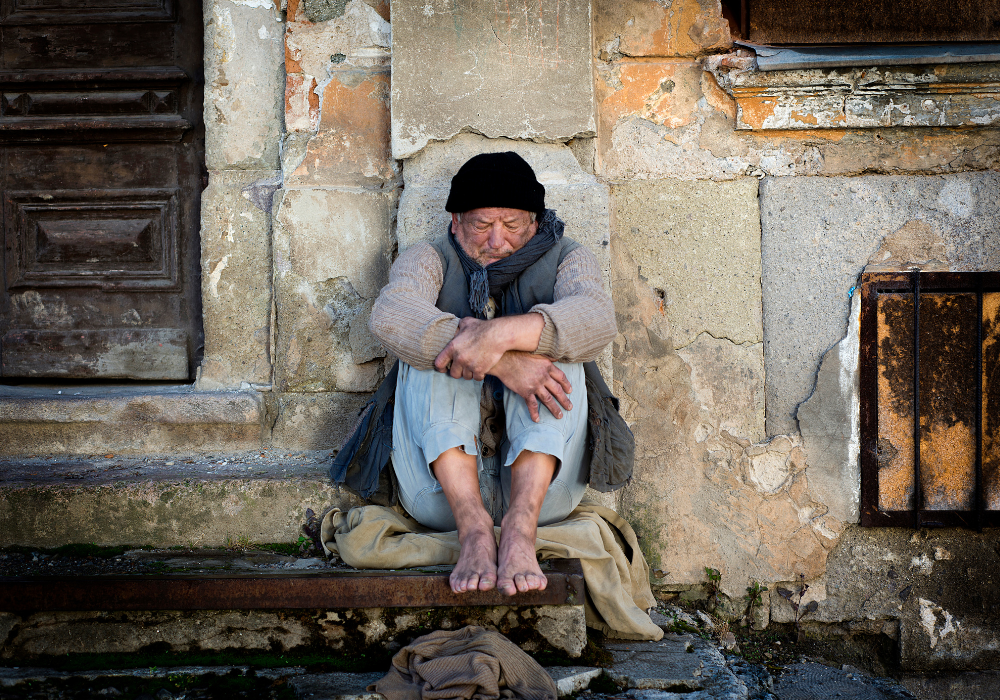
At a time when most Baby Boomers are supposed to settle into retirement, a troubling and growing number are instead ending up without homes. Across the U.S., people ages 55 and older now represent a soaring share of the homeless population, with some projections suggesting their numbers could triple in the coming decade. Driven by skyrocketing rents, fragile finances, health crises and dwindling support systems, this “silver tsunami” is catching communities—and policymakers—off guard.
1. A Growing Share of the Homeless Population
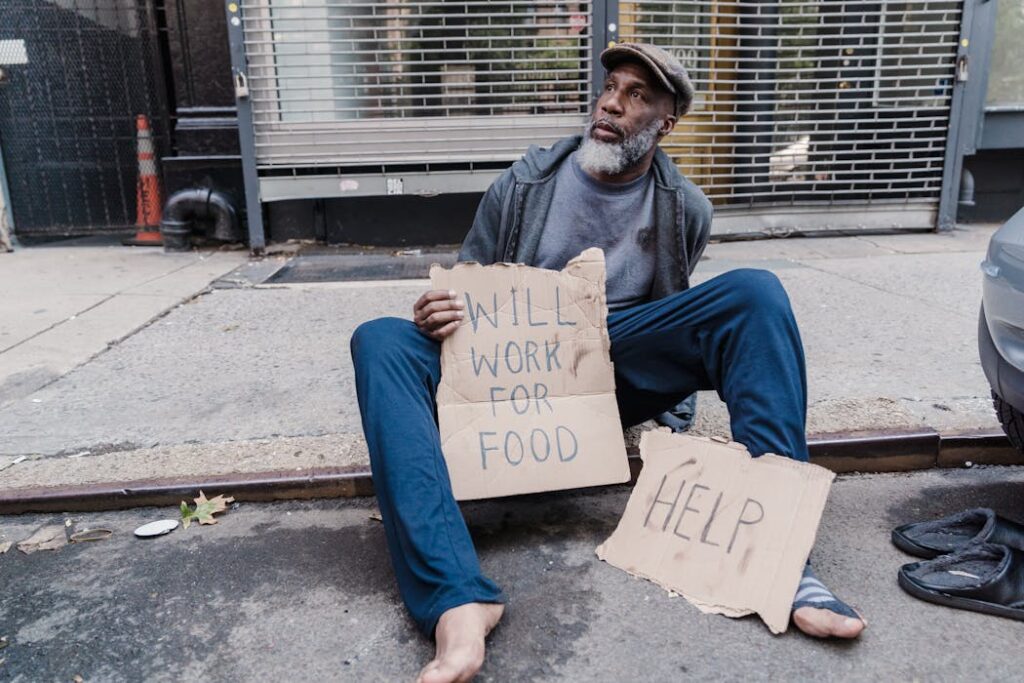
Baby Boomers now make up a rapidly increasing portion of America’s homeless. Researchers note that adults over 55 represent one of the fastest-growing age groups in shelters and on the streets. This demographic shift is a stark departure from past decades, when homelessness was most often associated with younger adults.
The trend highlights how rising costs and declining retirement security are hitting older Americans particularly hard. It signals a broader societal problem, where traditional safety nets are failing to protect aging populations from losing their homes, as mentioned in Yahoo! Finance.
2. Skyrocketing Housing Costs Fuel the Crisis
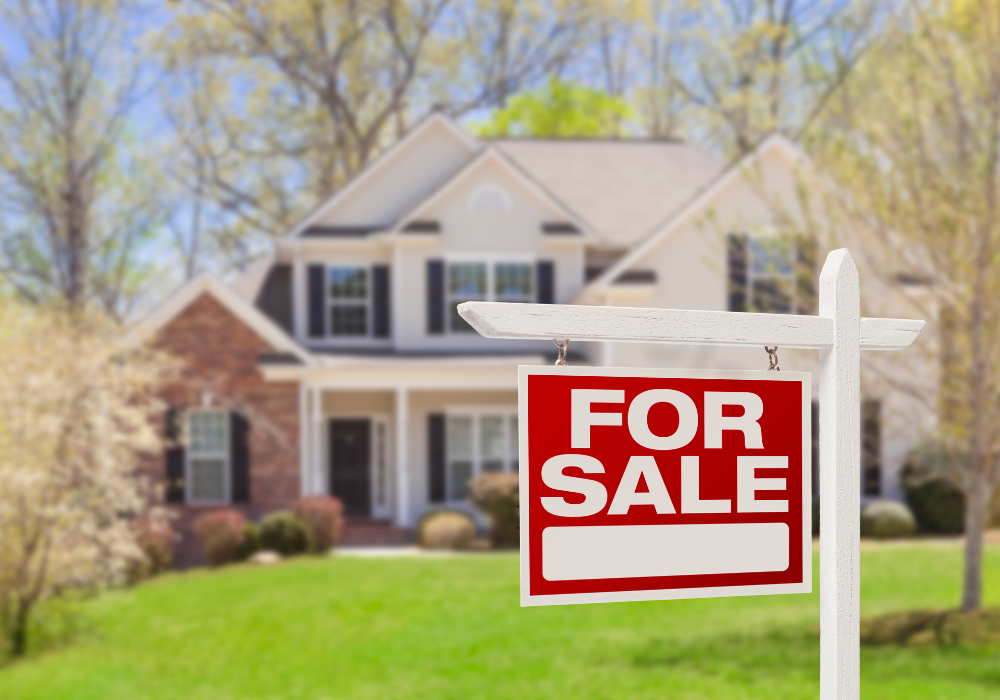
Soaring rent prices across the country are pushing older adults out of stable housing. Many Baby Boomers live on fixed incomes that have not kept pace with escalating costs, especially in major cities where rents have doubled in just over a decade.
Without affordable options, some are left with no choice but to downsize drastically, couch surf, or end up on the streets. For Boomers on Social Security alone, the gap between income and rent is simply too wide to bridge, USA Today shared.
3. Retirement Savings Shortfalls Leave Many Vulnerable

Millions of Baby Boomers are reaching retirement without adequate savings. Some have no nest egg at all, relying entirely on monthly Social Security benefits, which average under $2,000. In high-cost housing markets, that doesn’t stretch far.
The lack of savings makes it nearly impossible to weather unexpected expenses such as medical bills, car repairs, or rent hikes. Once a financial setback hits, older adults without a cushion quickly find themselves at risk of losing stable housing, according to Medium.com.
4. Health Challenges Intensify Housing Insecurity

As Boomers age, chronic health conditions and mobility issues become more common. These challenges increase living expenses, often requiring costly medications, treatments, or caregiving support that can drain already limited resources.
When health costs climb, housing is often the first expense to be compromised. The result is a painful cycle where poor health drives housing insecurity, and housing insecurity, in turn, worsens health outcomes.
5. Limited Affordable Housing Options

A shortage of affordable housing affects all age groups, but seniors are especially impacted. Waiting lists for subsidized apartments and senior housing programs stretch for years in many cities, leaving older adults with few immediate solutions.
The mismatch between supply and demand forces seniors into precarious living situations. Without policy interventions to expand affordable housing, more Baby Boomers will face instability in their later years.
6. Social Security Alone Isn’t Enough
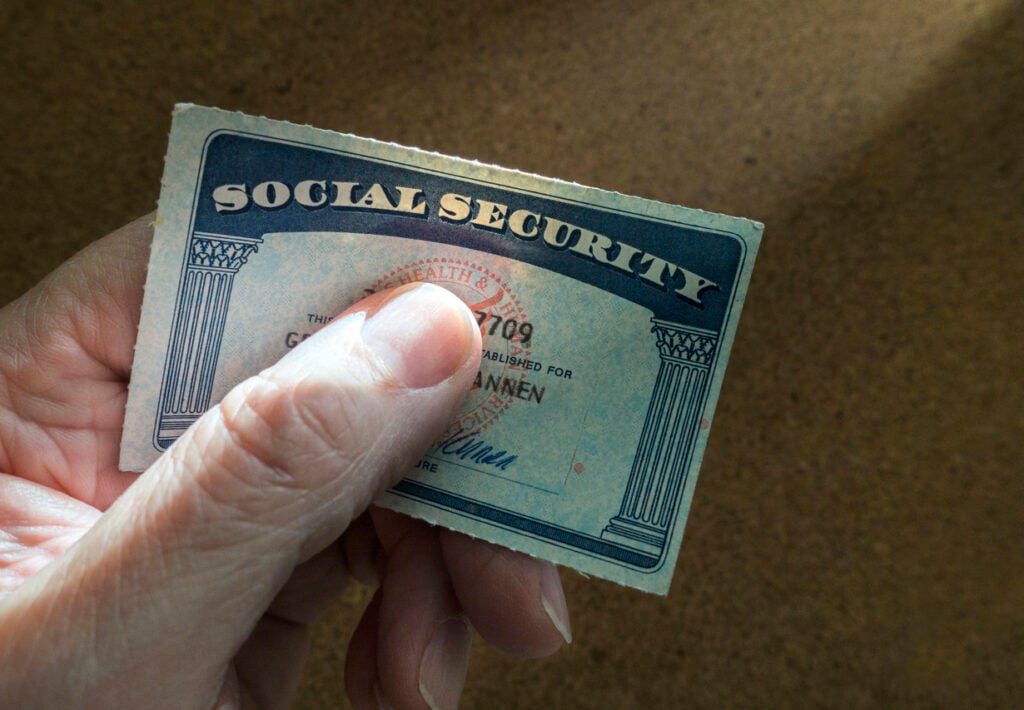
Social Security was never designed to cover all retirement costs, yet millions of Boomers depend on it as their only income. In areas with high rents and utilities, even modest apartments are out of reach.
This gap underscores the fragility of relying on one system to carry an entire generation into retirement. Without additional savings, pensions, or affordable housing, older adults are left balancing essentials like food, medicine, and rent—and often coming up short.
7. Job Losses and Age Discrimination Add Pressure

While some older adults attempt to keep working, job opportunities can be scarce. Age discrimination, health limitations, and shifting industries make it difficult for Boomers to remain employed long enough to stay financially secure.
When job loss coincides with high housing costs, older workers often find themselves without a safety net. This reality is forcing some into early homelessness at an age when finding new employment is particularly difficult.
8. Family Safety Nets Are Fraying

In the past, older adults could often turn to family for help during hard times. But economic pressures on younger generations mean fewer adult children are able—or willing—to support aging parents financially or provide housing.
This leaves many Baby Boomers facing struggles on their own. Without strong family networks to lean on, the risk of homelessness rises sharply, especially for those with health issues or without savings.
9. Homeless Shelters Strain to Support Seniors
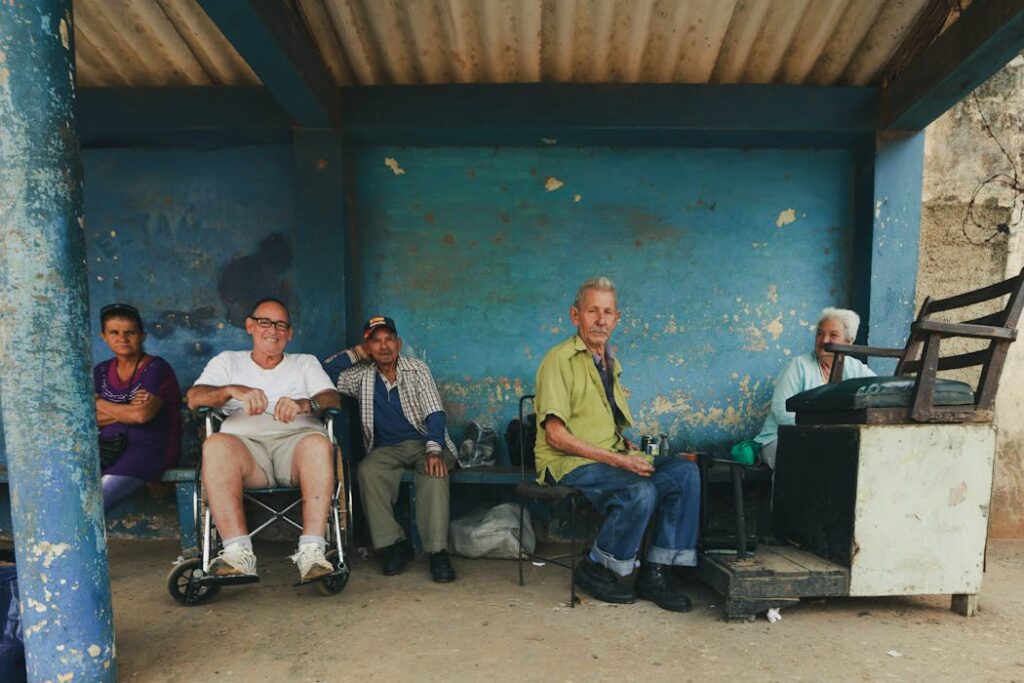
Shelters designed decades ago were not built to handle the unique needs of an aging population. Older adults require accessible facilities, health care support, and specialized services that most shelters simply cannot provide.
As more Boomers enter homelessness, providers are scrambling to adapt. From medical care to mobility assistance, the demand for senior-specific services far outpaces what many cities currently offer.
10. Mental Health and Isolation Complicate the Crisis
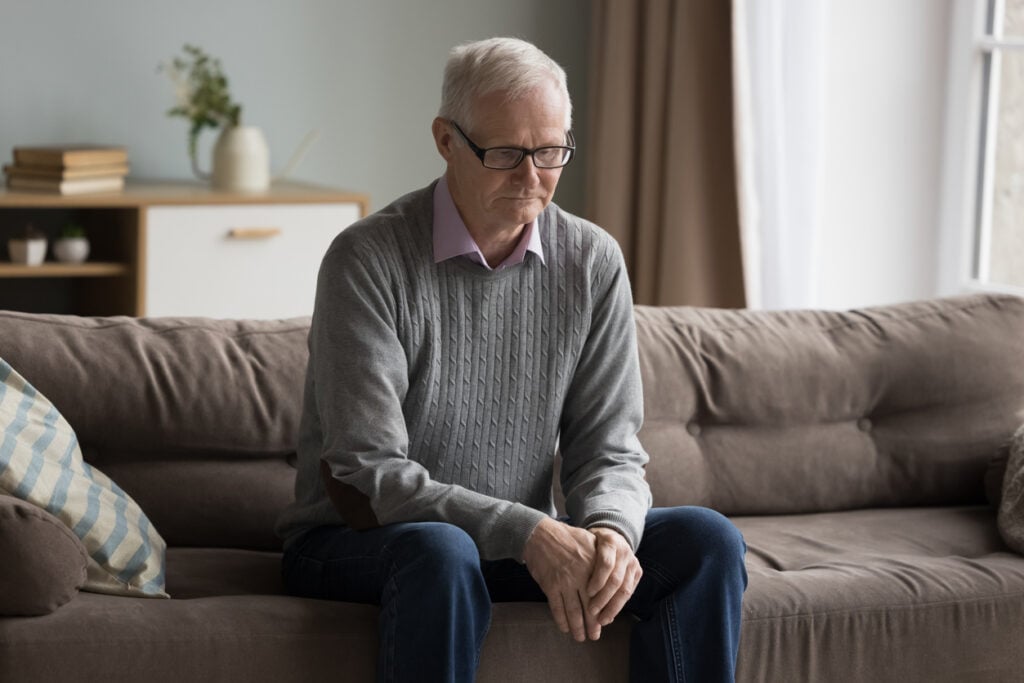
Isolation and mental health struggles are common among homeless older adults. Many experience depression, anxiety, or cognitive decline, which can make navigating support systems and housing applications even harder.
These challenges deepen the cycle of homelessness. Without intervention, mental health issues worsen, creating additional barriers to regaining stability and accessing resources. For aging Boomers, the toll is particularly severe.
11. Experts Warn of a “Silver Tsunami” of Homelessness
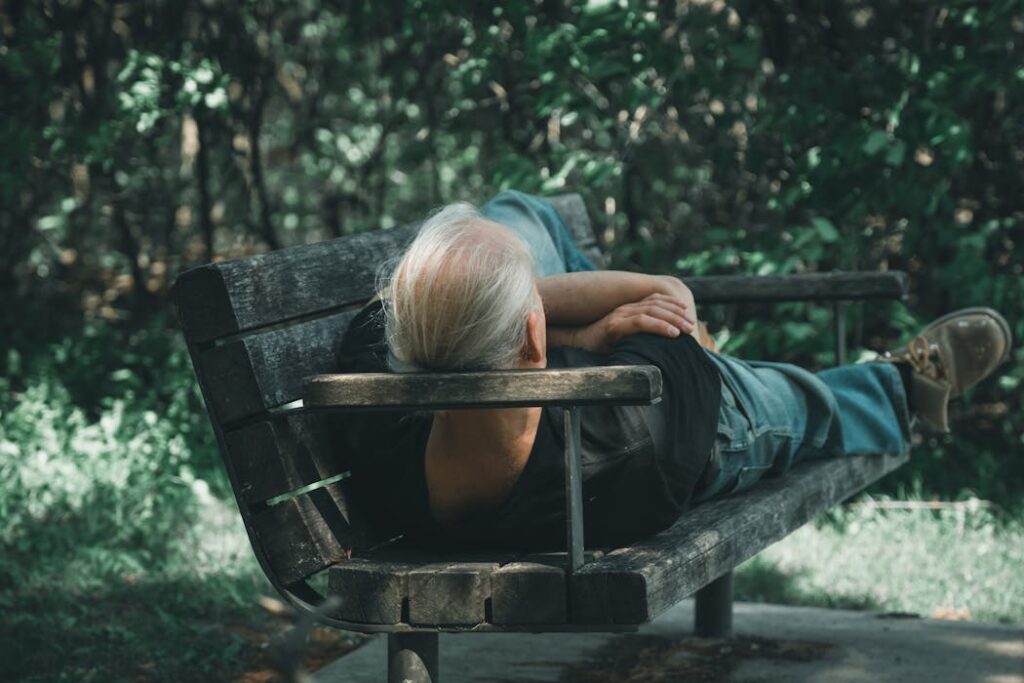
Demographers and housing experts are raising alarms about the long-term impact. With millions of Baby Boomers aging into retirement and insufficient housing or financial support, the crisis is expected to accelerate.
This “silver tsunami” of homelessness threatens to overwhelm social services, health systems, and communities nationwide. Experts caution that without swift policy action, the U.S. will face a humanitarian challenge unlike any seen before among its aging population.
